During the discussion, delegates agreed that cryptocurrencies offer many legitimate benefits to the digital economy , but are also being exploited by cybercriminals for illegal activities such as drug trafficking, money laundering, and terrorist financing. Collecting digital and cryptocurrency evidence poses new challenges for global law enforcement agencies, requiring a unified legal framework for effective investigation, freezing, and seizure of assets. Therefore, the United Nations Convention is expected to contribute to harmonizing laws, establishing international standards, and creating a 24/7 cooperation network to support countries in investigating cybercrime.
From a private sector perspective, Jarek Jakubczak, Head of Enforcement Training at Binance, argues that most cross-border investigations today require close cooperation with technology companies and e-commerce platforms.
According to Jarek Jakubczak, the vast majority of cross-border investigations, a very large proportion of which involve close cooperation with the private sector, are challenging. In years of investigating crimes, I have never encountered a case that did not involve data from private industries. Furthermore, cross-border investigations present significant difficulties for law enforcement agencies. Many have abandoned pursuing cases upon discovering that the suspect resides in a different jurisdiction. Therefore, the Convention's mention of enhanced cooperation with this sector is absolutely essential for detecting cybercrime.
In the context of an increasingly complex cyberspace, enhanced international cooperation—especially between public authorities and the private sector—will be key to effectively enforcing the Convention against Cybercrime and protecting a safer, healthier, and more transparent digital space globally.
Also at the discussion session, regarding anti-money laundering efforts in Vietnam, a representative from the State Bank of Vietnam stated: In 2024, the Anti-Money Laundering Department of the State Bank of Vietnam reviewed over 400 suspicious transactions related to crypto assets, coordinating with relevant agencies to verify and handle them according to regulations. On June 14, 2025, the Vietnamese National Assembly passed the Law on Digital Technology Industry, the first comprehensive legal document regulating the digital technology sector. Subsequently, on September 9, 2025, the Government issued Resolution No. 05/NQ-CP on piloting the crypto asset market, creating an important legal foundation for managing the digital asset market in Vietnam.
The State Bank of Vietnam stated that it will continue to take the lead in collecting, analyzing, and exchanging information on suspicious transactions; building a technical platform; strengthening domestic and international cooperation; and strictly handling violations in accordance with the law.
Source: https://baotintuc.vn/thoi-su/cong-uoc-ha-noi-thiet-lap-chuan-muc-quoc-te-va-mang-luoi-hop-tac-dieu-tra-toi-pham-mang-20251025212753779.htm














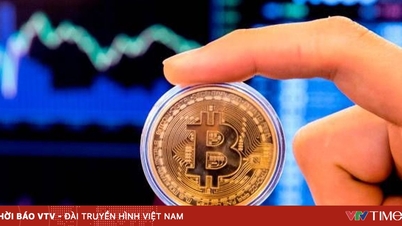
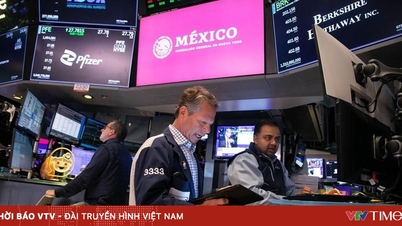
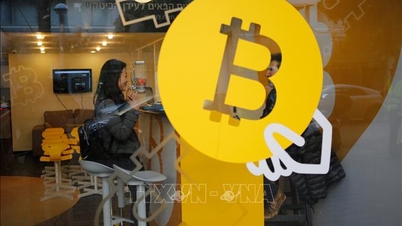


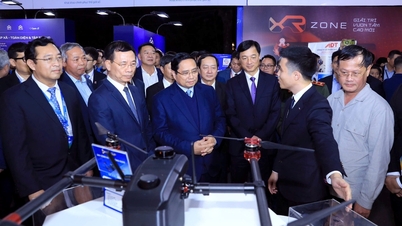


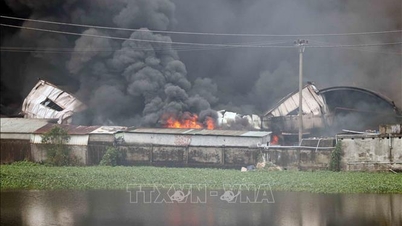
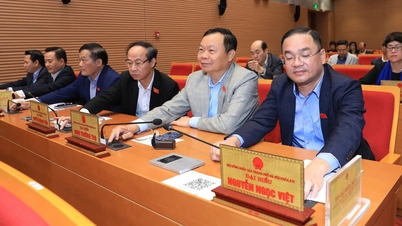






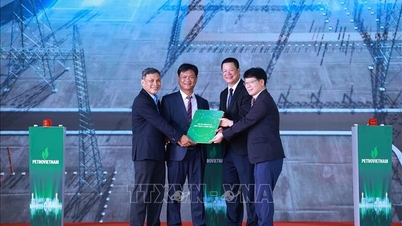
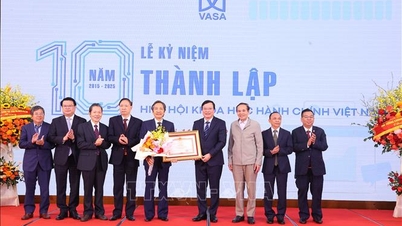


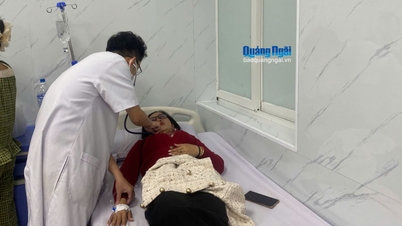
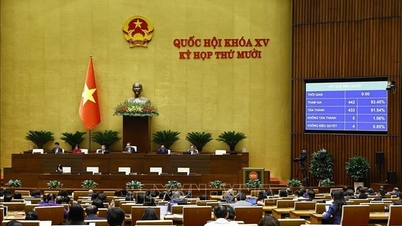

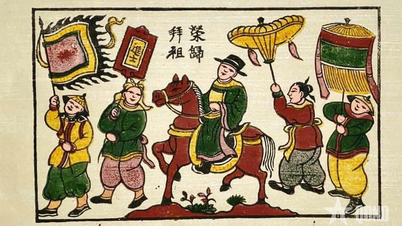













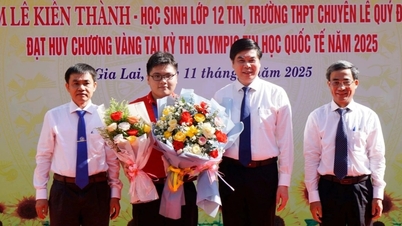




















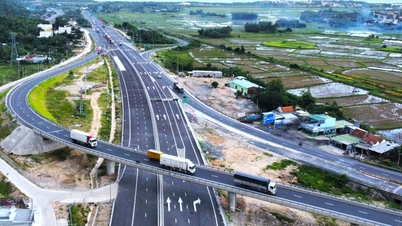









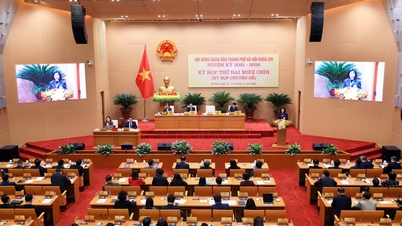



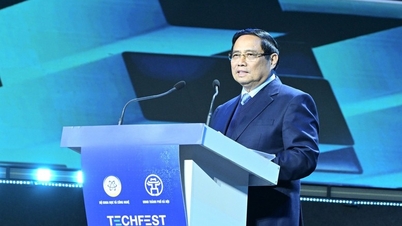
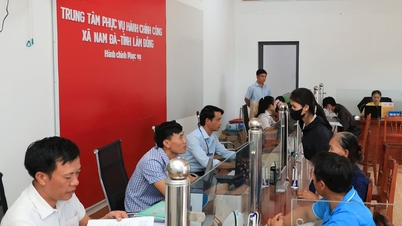


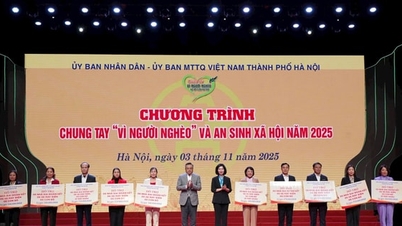





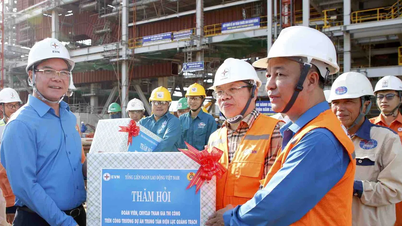













Comment (0)